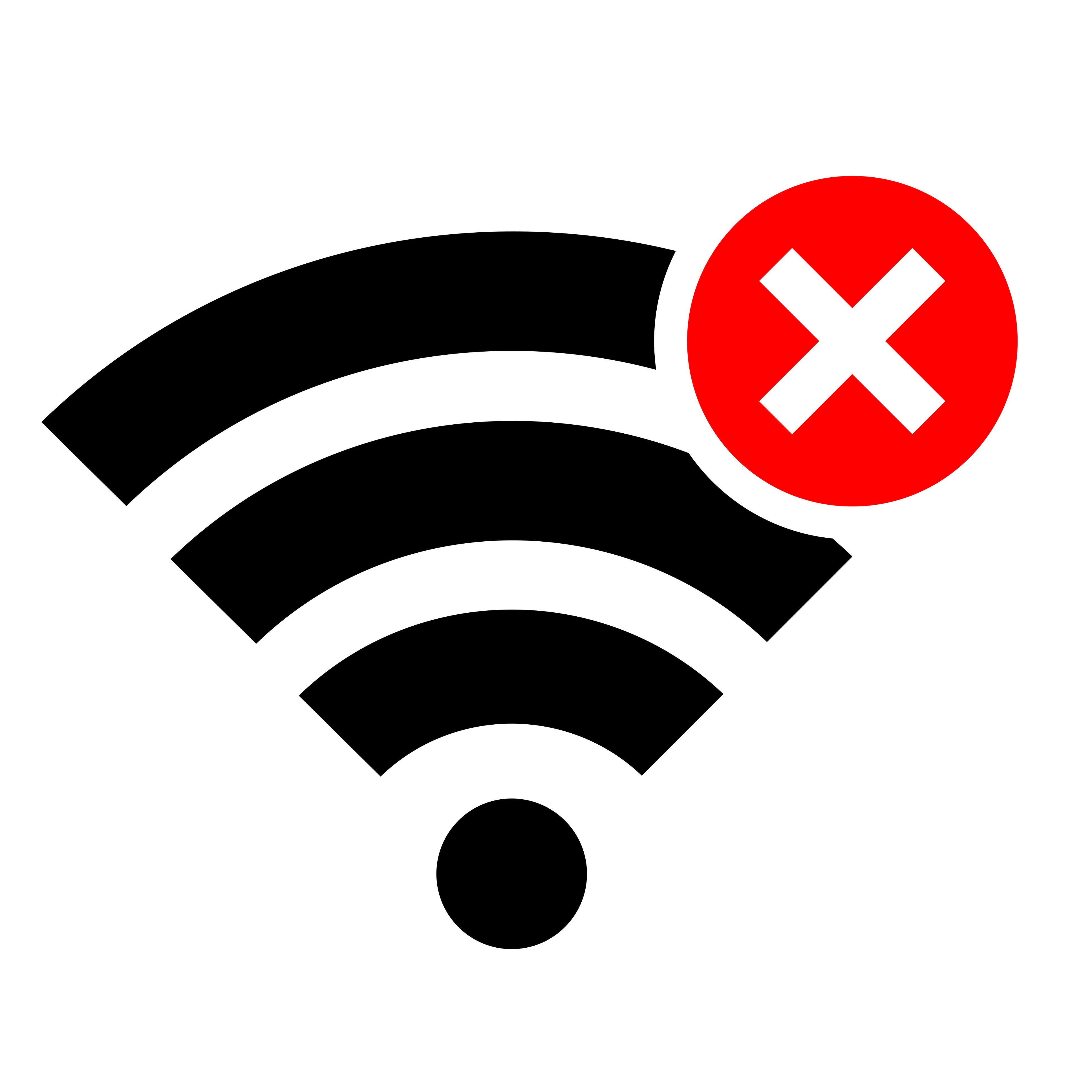Why Your Practice Needs an Internet Contingency Plan | Image Credit: Georgi – Georgi – stock.adobe.com.

Technology plays a vital role in healthcare, and it’s impossible to talk about its benefits without touting the awesome things that can be done digitally for your practice. With a growing reliance on the internet and its benefits, healthcare professionals need to pay close attention to the functionality of the internet to remain effective and deliver quality care.
Internet downtime could affect your practice enormously, and without an Internet contingency plan, you will leave your practice susceptible to a number of challenges.
What is an Internet contingency plan?
First, you need to make a contingency plan. Simply put, they are the steps your practice should take to deal with an adverse situation such as a power outage, website downtime, or any other issue that may affect your operations and services. This could be offering services offline, having a backup provider, or providing staff with customer service training to deal with disgruntled patients.
Here are the top three reasons you might need a contingency plan:
Ensure uninterrupted patient care and safety
According to a recent study, 67% of patients prefer online booking, with many booking after hours. Even if this has not been fully implemented in your clinic, some patients may choose to use the online method only. Your clinic will likely have internet exposure, with the most successful clinics offering larger booking platforms.
Without a contingency plan, there will undoubtedly be a disruption or delay in patient diagnosis, care coordination, treatment, and care options. An Internet contingency plan helps avoid these issues that could hinder your staff’s ability to access critical information and collaborate.
Establishing failover solutions, hotspots and local servers can help minimize problems resulting from an unexpected influx of manual appointment settings and incoming calls.
Protection of data security and privacy
Internet downtime is more than just a nuisance. Your patients may be angry, but there is minimal potential exposure from a cyberattack. Your patients’ information is highly confidential, especially with regards to their healthcare. You run a higher risk of being subjected to malicious actors during internet or server downtime.
An internet contingency plan should outline what happens when your site is hacked or compromised. This should include security protocols, such as offline backup systems, secure communication channels, and even encryption protocols.
Communicating an emergency plan to your team and patients will increase their confidence in your practice and appointment systems.
Minimize financial losses and operational disruptions
While making an appointment online makes it much easier to generate income, it also exposes you to financial loss and operational disruption. Your patients prefer the ease of a quick way to schedule their next visit, but they might not like doing it over the phone. In this case, they may not even want to call your office to make an appointment.
Your team may also be unable to perform appropriate operational conduct that would contribute to your revenue generation. For example, insurance claims, processing, and billing are mostly done on internal systems, which will be severely impacted.
A backup disaster plan and disaster recovery can keep your practice running smoothly and efficiently while keeping your revenue streams intact during tough times.
Be prepared, plan ahead
If you haven’t already, sit down with your team and prepare a contingency plan for Internet downtime and unusable uptime. This may take some time, but consider it an insurance policy and protocol so that everyone is on the same page and acts accordingly.
Once you have a proper contingency plan in place, everyone will have the confidence to meet the challenges posed by Internet downtime. This ensures that operations, revenue streams, customer service and security are relevant and competitive.
Greg Davis is chief executive officer ofBigleaf Networks, a leading provider of network optimization solutions.
This article was originally published by our sister publication, Medical Economics.
#practice #Internet #contingency #plan
Image Source : www.contemporarypediatrics.com
